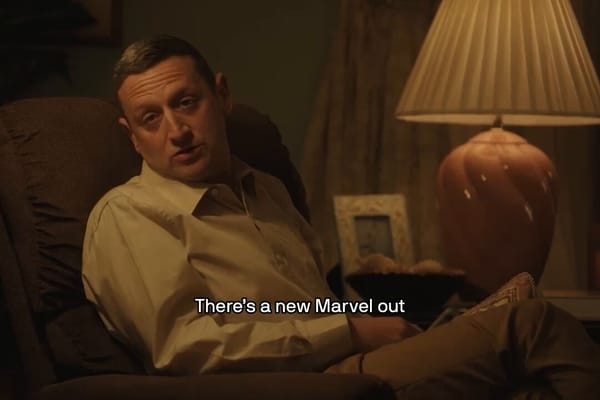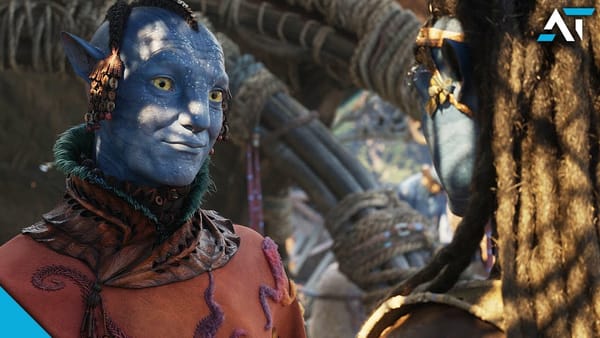New Mr. Vampire
Day 23 of my 31 Days of Horror viewing

For the last few years, I have used October to give myself a viewing assignment: a different horror film each day. Now that I have escaped the real life horror of New Zealand’s public service, I intend to write a piece inspired by each film.
My twenty-third film is New Mr. Vampire / 僵尸翻生 directed by Billy Chan and Leung Chung (1987).

Despire the promise made by its title, New Mr. Vampire has no formal relationship with its namesake. Unusually for a jīangshī film, it doesn’t even have the reliable performance of Lam Ching-Ying to recommend it.

New Mr. Vampire stars Chin Siu Ho as a graverobber named Wang Choi. Our hero awakens a jīangshī that subsequently gets caught in a custody battle between rival Taoist priests. Meanwhile, he accidentally reanimates the corpse of a beautiful woman (Pauline Wong). While he is robbing her, lightning strikes the grave, his lips touch hers and next thing you know, she’s cursed to mirror his every move. It turns out that the dead woman is the ninth concubine of an alcoholic Marshall (Wai Shum) who took her own life to avoid being with him.
![僵尸翻生 New Mr Vampire [粤語] 1986](https://one-for-them-one-for-me.ghost.io/content/images/2025/09/aea93650-f64b-40fa-b4b9-51f33c3c12df_1440x1080-jpeg.jpg)
The jīangshī itself is pretty uninteresting, it doesn’t even hop, and without Lam Ching-Ying to play off, the fun of the Taoist ritual is deflated. It’s not like jīangshī films are particularly scary to begin with but with most of the action taking place in a well-lit hotel, there isn’t really any texture to the setting. What the film does have going for it is the gimmick of Wang Choi’s connection with the beautiful corpse. Both Chin and Wong are excellent physical comedians and the choreographed mirroring leads to all the film’s best set-pieces.

As anyone familiar with Brucesploitation can attest, Hong-Kong cinema is well-known for films that try to piggyback off better films by name association. Other than the five Mr. Vampire films directed by Ricky Lau, there are countless that use the name without having much in common with them. Most of those films at least share a baseline level of quality (or at least the comforting presence of Lam Ching-Ying). Unfortunately this one doesn’t really even have that.



